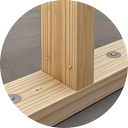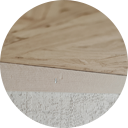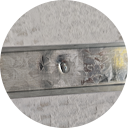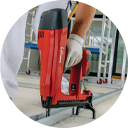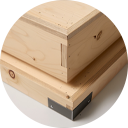The Versatile World of Metal Nails
Apr. 24, 2025
498
Metal nails are fundamental components in various industries, from construction and carpentry to DIY projects and even some aspects of fashion and decor. Their importance cannot be overstated, as they provide the necessary fastening power to hold materials together securely.
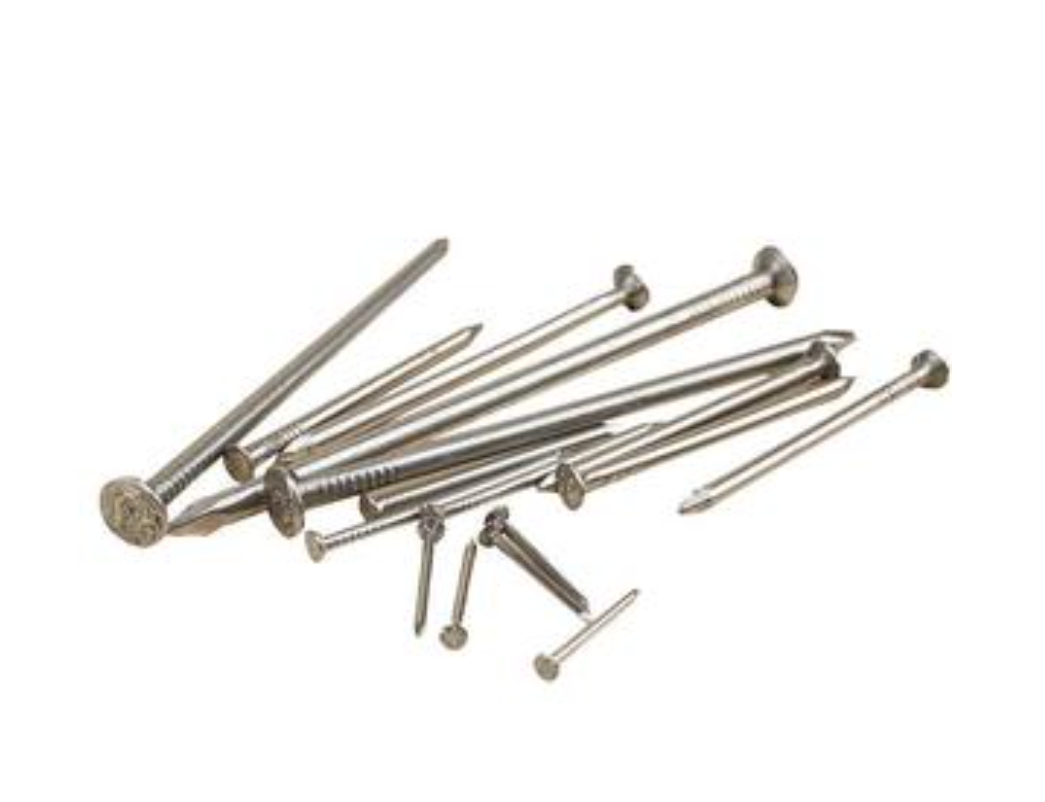
Types of Metal Nails and Their Specific Uses
Common Nails
Common nails are the workhorses of the nail world. With their simple yet robust design, they are widely used in general construction work. These nails are perfect for joining lumber in building frameworks, whether it’s for a new house, a shed, or a wooden deck. Their thick shanks and flat heads offer excellent holding power, ensuring that the wooden components stay firmly in place. For example, when constructing the stud walls of a house, common nails are driven through the wooden studs and plates to create a sturdy structure.
Finishing Nails
Finishing nails are designed with a more aesthetic purpose in mind. They have small heads that can be easily concealed, either by sinking them below the surface of the material and filling the hole with putty or by using them in applications where the head is not visible. These nails are commonly used in finish carpentry, such as installing trim around doors and windows, attaching moldings, or working on furniture. In a home renovation project, finishing nails might be used to attach a decorative chair rail to the walls, providing a clean and polished look.
Drywall Nails
As the name implies, drywall nails are specifically made for hanging drywall. They have a sharp point and a smooth shank that allows them to penetrate the drywall easily without splitting it. The head of a drywall nail is designed to sit flush with the surface of the drywall, creating a flat base for applying joint compound. When building the interior walls of a room using drywall panels, drywall nails are used at regular intervals to secure the panels to the wooden or metal studs.
Casing Nails
Casing nails are known for their strength and are often used for attaching molding to doors and windows. Their larger diameter and longer length provide the necessary holding force to keep the molding in place. In a traditional home with ornate window and door casings, casing nails are used to ensure that the decorative moldings remain firmly attached, enhancing the overall appearance of the house.
Roofing Nails
Roofing nails are essential for securing roofing materials, such as shingles or metal sheets, to the roof deck. They are typically made of corrosion-resistant materials like galvanized steel or stainless steel to withstand the harsh outdoor elements. Roofing nails have a large head to provide a broad bearing surface and prevent the roofing material from tearing. When installing asphalt shingles on a roof, roofing nails are driven through the shingles and into the roof deck at specific locations to ensure a watertight and secure roof.
Materials Used in Metal Nails and Their Advantages
Steel
Steel is one of the most common materials for nails due to its strength and affordability. Regular steel nails are suitable for many indoor and general construction applications. However, for outdoor use, galvanized steel nails are preferred. Galvanization involves coating the steel with a layer of zinc, which significantly improves its resistance to rust and corrosion. This makes galvanized steel nails ideal for projects like building outdoor fences, decks, or sheds that are exposed to moisture and the elements.
Stainless Steel
Stainless steel nails offer even greater corrosion resistance compared to galvanized steel. They are often used in high – moisture environments or where a long lifespan is crucial, such as in marine construction, coastal buildings, or projects near swimming pools. Stainless steel nails are also used in food – processing facilities and medical equipment assembly, as they do not rust or contaminate the environment. For example, in a beachfront house, stainless steel nails would be used to construct the wooden boardwalk to ensure durability against the salty sea air.
Copper
Copper nails are highly corrosion – resistant and have a unique aesthetic appeal. They are commonly used in copper fabrication, such as in the creation of decorative copper artwork or in the construction of boats, where their resistance to seawater is a major advantage. Copper nails are also used in clay and cement roofing applications. Their natural patina over time can add to the charm of a building’s exterior. For instance, on a historic building with a clay tile roof, copper nails may be used to secure the tiles, not only for their functional properties but also for the aesthetic value they bring.
Brass
Brass nails are known for their durability and strength. They have a warm, golden – yellow color that makes them suitable for decorative and high – end applications. Brass nails are often used in the construction of fine furniture, musical instruments, and in some cases, in the restoration of historic buildings. In a high – end furniture piece, brass nails might be used to attach leather upholstery, adding a touch of elegance and sophistication.
Aluminum
Aluminum nails are lightweight yet strong, making them a good choice for applications where weight is a concern, such as in the installation of aluminum siding or metal roofing. They are also resistant to corrosion, although not as corrosion – resistant as stainless steel. Aluminum nails are used in the building industry to reduce the overall weight of the structure while still providing sufficient fastening power. For example, when installing lightweight aluminum roofing panels on a residential or commercial building, aluminum nails are a popular choice.
The Significance of Metal Nails in Different Industries
Construction Industry
In the construction industry, metal nails are used in almost every aspect of building. From the initial framing of a structure using common nails to the final finishing touches with finishing nails, they play a crucial role. Nails are used to assemble wooden forms for concrete pours, attach plywood sheathing to walls and roofs, and secure various building components together. Without metal nails, the construction process would be much more difficult and time – consuming, and the structural integrity of buildings could be compromised.
DIY and Home Improvement
For DIY enthusiasts and homeowners engaged in home improvement projects, metal nails are essential tools. Whether it’s building a bookshelf, repairing a broken chair, or adding a new coat rack to the wall, nails provide a simple and effective way to join materials. They are readily available in hardware stores in various sizes and types, making it easy for anyone to find the right nail for their project. DIYers can use finishing nails to create a professional – looking finish on their woodworking projects, or common nails for more heavy – duty repairs.
Manufacturing and Industrial Applications
In manufacturing, metal nails are used in the production of furniture, cabinets, and other wood – based products. They are also used in the assembly of metal products, where specialty nails may be required to join different metal components. In industrial settings, nails are used to secure insulation materials, attach signage, and in the maintenance and repair of equipment. For example, in a furniture factory, nails are used to assemble the frames of chairs and tables, while in a manufacturing plant, nails might be used to secure safety guards to machinery.
In conclusion, metal nails are incredibly versatile and indispensable in a wide range of applications. Their diverse types, materials, and uses make them a key component in the world of construction, DIY, and manufacturing. Whether you’re a professional contractor, a DIY hobbyist, or involved in industrial production, understanding the different aspects of metal nails can help you choose the right nail for your specific needs and ensure the success of your projects.


